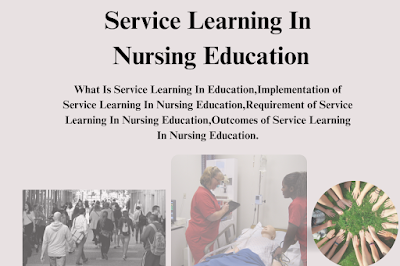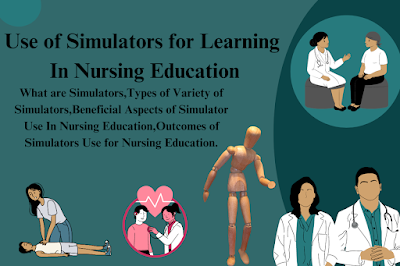Nursing Education and Scholarship
The Nursing Education and Scholarship particularly for nursing professionals in different degree level programs ie Generic BSN, Master in Nursing (MSN), Ph.D. in Nursing The Nursing Education and Scholarship Nursing as a profession has always been deeply intertwined with educational growth and knowledge dissemination. With the constant evolution of healthcare practices, nursing education plays a … Read more









